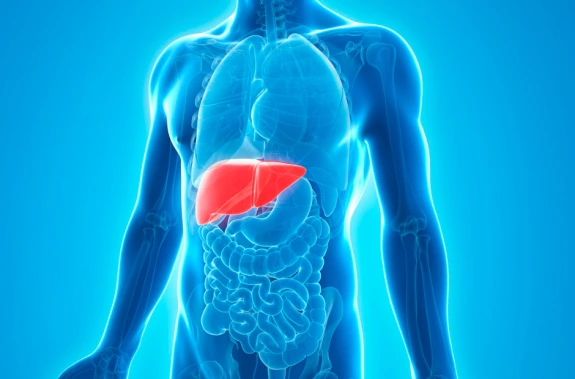
The Liver
The liver, a substantial organ located in the abdomen, plays a crucial role in various bodily functions, including filtering the blood. It is also classified as a gland because it produces essential chemicals for the body. While certain diseases and lifestyle choices can harm the liver, there are numerous methods to safeguard this vital organ.
Functions
- Filters harmful substances from the bloodstream.
- Eliminates aged red blood cells.
- Produces bile, which aids in food digestion.
- Processes proteins, carbohydrates, and fats for the body to utilize.
- Synthesizes compounds essential for blood clotting.
- Maintains proper blood volume.
- Stores glycogen and vitamins for future energy and nutritional needs.
Structure
- The liver is composed of two primary sections: the larger right lobe and the smaller left lobe.
- These lobes are rich in blood vessels. As blood flows through the liver, it is filtered to remove toxins and waste, which are later excreted through urine and feces.
- Within the lobes are thousands of small lobules. These lobules are connected to numerous bile ducts, which carry bile from the liver to the small intestine.

